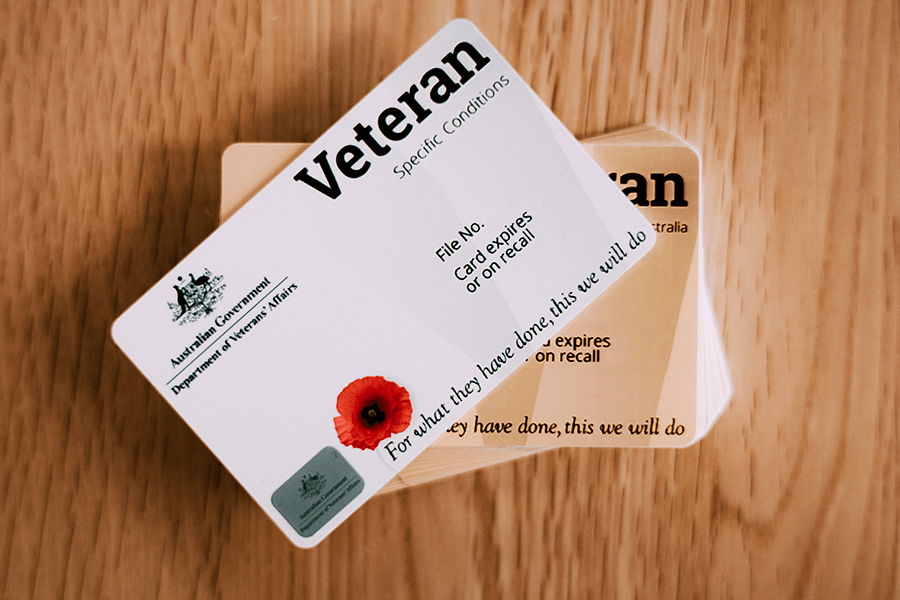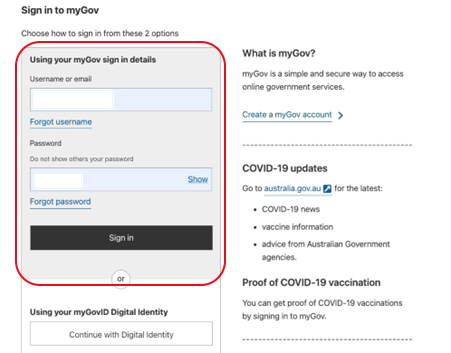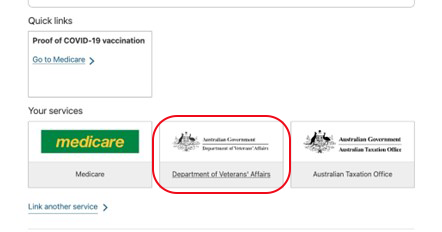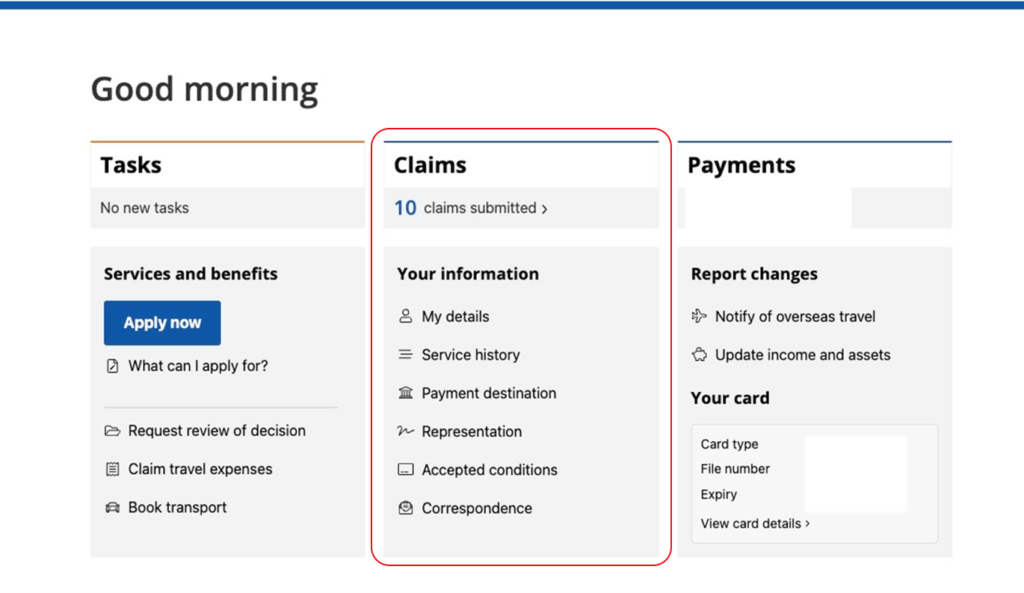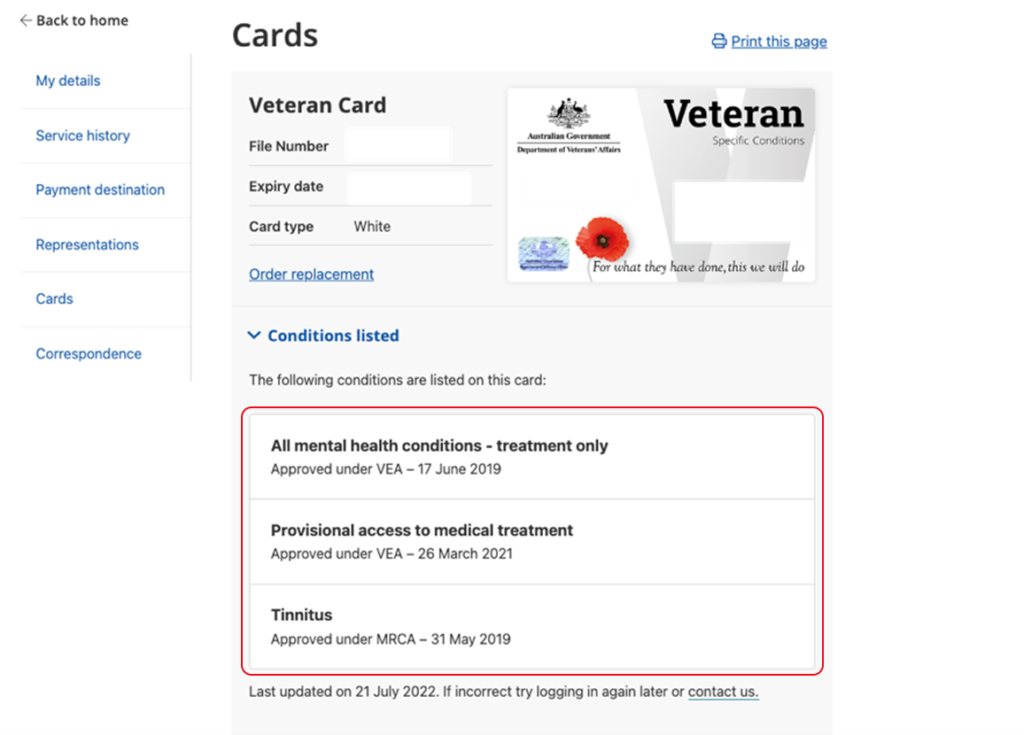As veterans navigate the complex transition from military to civilian life or continue their service, they often encounter a myriad of challenges that extend beyond the battlefield. One particularly significant aspect that influences their overall well-being is nutrition. The unique circumstances surrounding military life, such as stress, limited access to nutrient-rich foods, physical injuries, and mental health issues, can profoundly impact veterans’ dietary habits. In this blog post, we’ll explore the common nutritional challenges faced by veterans and delve into the pivotal role dietitians play in addressing these issues, offering personalised solutions that enhance the health and quality of life for those who have served our country.
Common Nutritional Challenges for Veterans:

Stress-Induced Eating Patterns
Military service often exposes individuals to high-stress environments, which can manifest in irregular eating patterns and unhealthy food choices. Stress eating becomes a coping mechanism, contributing to weight gain and nutritional deficiencies.
Limited Access to Nutrient-Rich Foods
Military service often exposes individuals to high-stress environments, which can manifest in irregular eating patterns and unhealthy food choices. Stress eating becomes a coping mechanism, contributing to weight gain and nutritional deficiencies.
Physical Injuries
Veterans may grapple with physical injuries or disabilities that hinder their ability to engage in typical activities like grocery shopping or meal preparation. These challenges can significantly impede their nutrition and overall well-being.
Mental Health Issues
Conditions such as post-traumatic stress disorder (PTSD) and depression can have a profound impact on eating habits. Veterans may experience changes in appetite, leading to poor nutrition and unhealthy weight fluctuations.
The Dietitian’s Role in Addressing Nutritional Challenges:
Dietitians emerge as crucial allies in the battle against these nutritional challenges faced by veterans. Their expertise allows them to tailor interventions to the unique needs of each individual, fostering a holistic approach to nutrition and well-being.
Assessing Nutritional Needs
Dietitians begin by conducting comprehensive assessments of veterans’ nutritional needs, taking into account various factors such as age, gender, physical activity level, and any existing health conditions. This serves as the foundation for crafting personalized dietary plans.
Designing Personalized Dietary Plans
Armed with a thorough understanding of veterans’ challenges and goals, dietitians create bespoke dietary plans. These plans may focus on promoting healthier food choices, managing weight, or accommodating specific dietary restrictions to ensure optimal nutrition.


Offering Education and Support
Beyond meal planning, dietitians play a crucial role in educating veterans about the fundamental importance of nutrition. They provide ongoing support through activities like cooking demonstrations, meal planning guidance, and strategies for maintaining a healthy diet during deployments or challenging circumstances.
Monitoring Progress
Dietitians continually monitor veterans’ progress and adapt their dietary plans as circumstances evolve. For veterans with physical injuries, dietitians can collaborate on finding adaptive meal preparation techniques that suit their specific needs, ensuring that nutritional goals are met despite physical limitations.
The nutritional challenges faced by veterans are multifaceted and deeply rooted in the unique circumstances of military service. However, the intervention of dietitians provides a beacon of hope, offering personalised strategies that empower veterans to overcome these challenges and achieve optimal nutrition. By addressing stress-induced eating patterns, limited access to nutrient-rich foods, physical injuries, and mental health issues, dietitians contribute significantly to the overall well-being of those who have selflessly served our nation. As we reflect on the importance of supporting veterans in their transition to civilian life, recognizing and addressing their nutritional needs stands as a crucial step toward enhancing their quality of life.




